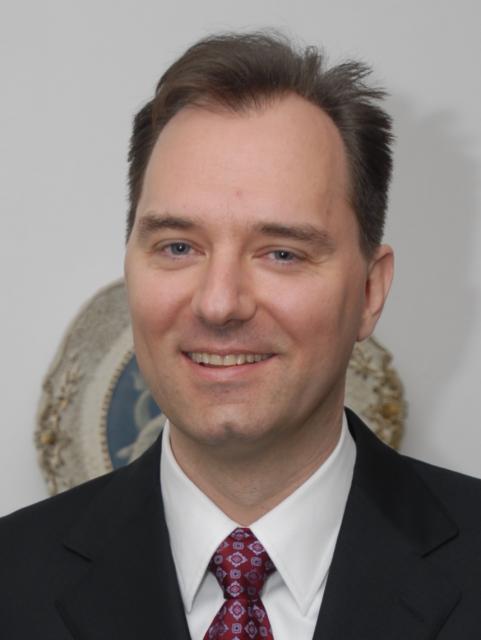Energy-Proportional Networks
Dejan Kostic (Assistant Professor at EPFL - Networked Systems Laboratory)
Abstract
The Internet's energy consumption is already significant due to a large degree of redundancy and high idle power consumption of network elements. Therefore, making energy a first-class managed resource in networks, along with performance and reliability, is an important challenge. In other words, the network as a whole should be energy-proportional, i.e., it should handle the required load by using the minimum amount of energy. While live organisms are highly energy-proportional, networks that are currently being built are far from meeting this desired property: they have high idle power consumption and scale poorly with the offered load. We should strive to produce networks that match the energy-proportionality encountered in the nature. However, the large body of work on intradomain routing and traffic engineering (TE) shows the difficulty in meeting the desired network properties, and adding energy-awareness makes the problem even harder
In this talk, I present a way in which we address the problem through Energy-Proportional Routing (EPR) - a form of routing in which the network uses the minimum amount of energy to carry the required traffic. EPR computes three sets of routing tables: i) always-on, ii) on-demand, and iii) failover. A simple energy-aware TE algorithm running on top of these paths then progressively uses links to achieve the goal of energy proportionality. Our evaluation on ISP topologies shows that EPR achieves the goal of energy-proportionality and saves up to 42% of power during the light load periods.
Short Bio Dejan Kostić obtained his Ph.D. in Computer Science at the Duke University, under Amin Vahdat. He spent the last two years of his studies and a brief stay as a postdoctoral scholar at the University of California, San Diego. He received his Master of Science degree in Computer Science from the University of Texas at Dallas, and his Bachelor of Science degree in Computer Engineering and Information Technology from the University of Belgrade (ETF), Serbia. In January 2006, he started as a tenure-track assistant professor at the School of Computer and Communications Sciences at EPFL (Ecole Polytechnique Fédérale de Lausanne), Switzerland. His interests include Distributed Systems, Computer Networks, Operating Systems, and Mobile Computing.
Dejan Kostić obtained his Ph.D. in Computer Science at the Duke University, under Amin Vahdat. He spent the last two years of his studies and a brief stay as a postdoctoral scholar at the University of California, San Diego. He received his Master of Science degree in Computer Science from the University of Texas at Dallas, and his Bachelor of Science degree in Computer Engineering and Information Technology from the University of Belgrade (ETF), Serbia. In January 2006, he started as a tenure-track assistant professor at the School of Computer and Communications Sciences at EPFL (Ecole Polytechnique Fédérale de Lausanne), Switzerland. His interests include Distributed Systems, Computer Networks, Operating Systems, and Mobile Computing.




